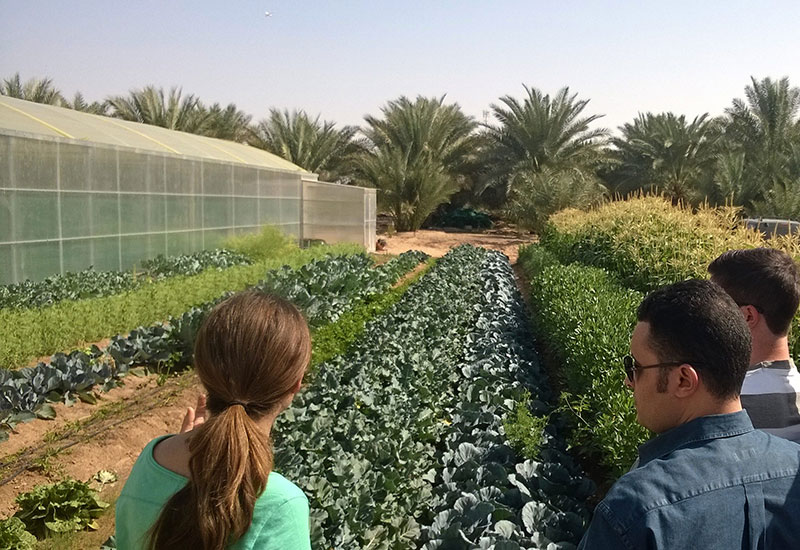Process
A hotel or F&B outlet can become part of the slow food movement in a number of ways, on the basis of their level of commitment and resources available to them. Moreover, Slow Food can award the ‘Snail of Approval’ to certain items on the menu, to a restaurant or a group, depending on how far the slow food ethos is implemented.
Allais-Maré elaborates on the requirements, and says: “We don’t dictate. When Bernard (Fantoli) first contacted me and asked how they can get involved, I said that the first thing we have to do is training. Also, no matter how fantastic your food is, if half of your staff are not registered Slow Food members, you are not considered. And then you commit your staff to attend two training sessions a year.”
For Time Hotels, Fantoli says that while the company as a whole has adapted to the initiative, it wouldn’t be possible to get a Snail of Approval for an entire restaurant at this early stage of implementation, and therefore it has joined the Slow Food Chefs Alliance — where a chef commits to serve slow food dishes to customers, and have at least a few items on the menu that comply with the Slow Food criteria.

| Advertisement |
Time Hotel and Slow Food Dubai started discussing possibilities nine months ago, and the collaboration was finalised in December 2014.
Fantoli says: “We realised that it’s a journey that requires change, and change is always painful. So we decided to do it in phases. So phase number one was education — and it is key. This is where people realise that what we do is wrong.
“After training, I requested the F&B managers and chefs from the hotels to come up with their action plan; to look into how they operate today and where they can apply slow food. Action plans were made, presented, and discussed. Then they started the research because they need to check every ingredient in each recipe for origin and quality.”
It wasn’t easy, he states. “There is obviously a big difference, and that’s a challenge. But chefs have always been challenged — and they are incredible people who adapt. We need to help them and I am sure they will find ways.”
Moreover, sourcing also posed a challenge. It becomes difficult when imports are curbed and restricted to 3000km only, while insisting on the same quality.
Fantoli adds: “The hotel and catering industry has taken on a habit of buying products, not knowing where it comes from. There is no time to research the right product, or to know where it comes from. So it is a huge change, and a lot of people are involved, like the purchasing department. Now we need to know where every ingredient in a recipe is coming from. If we can’t find something right now, it doesn’t mean we can’t ever. There is a lot of hope.”
And then there are costs to be considered. “We have to be financially careful. We cannot buy an ingredient for triple the price, because nobody would accept this. And the price difference between better products and otherwise ranges from 15-20% to 80%.”
Commenting on who pays for the increase, Fantoli says: “Everybody will feel it a little bit. We as operators will take the biggest chunk, but it’s a complicated calculation.”
It is important to note that Slow Food membership is not a one-off activity; control and audit is an important part of the process.
Fantoli says: “We are now nearing the stage when menus will be done, supported by recipes, and the recipes will be supported by suppliers for ingredients. Traceability will be clear, and invoices will be kept to ensure that. The chef and the hotel’s general manager are held accountable for it all. And once this is done, and we get an approval from Slow Food, we will start.”
Article continues on next page ...









 Search our database of more than 2,700 industry companies
Search our database of more than 2,700 industry companies









